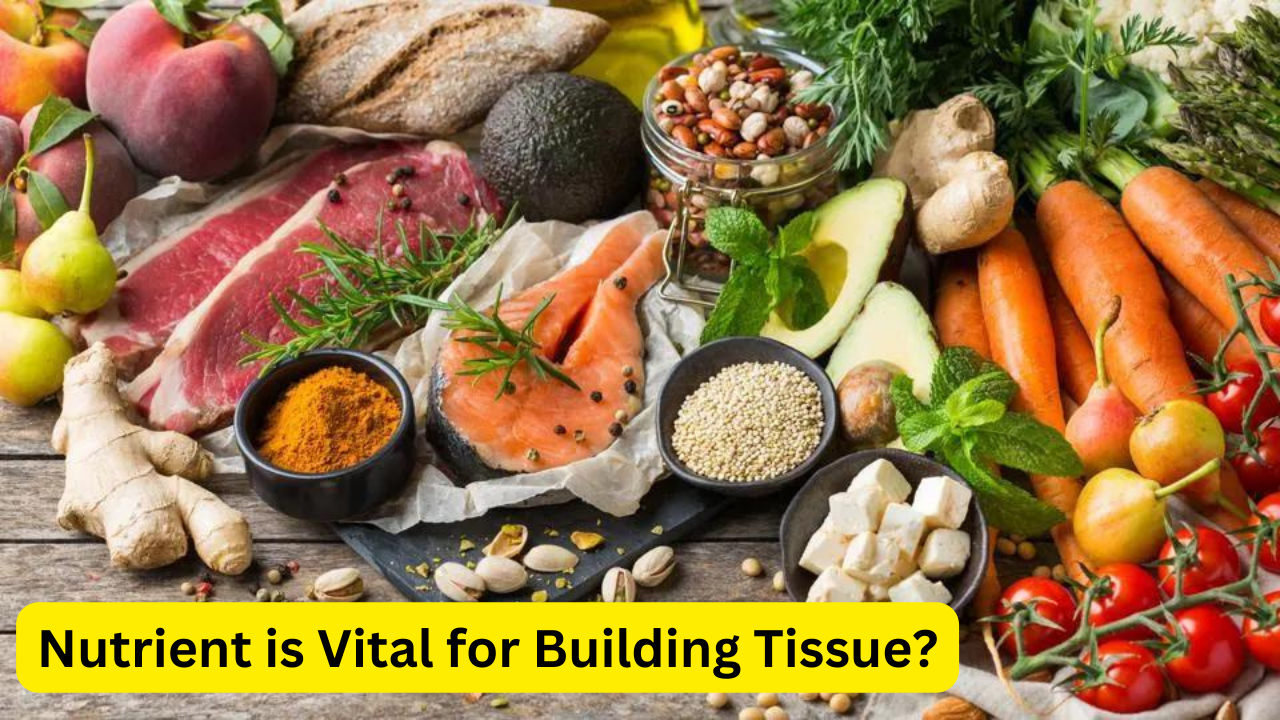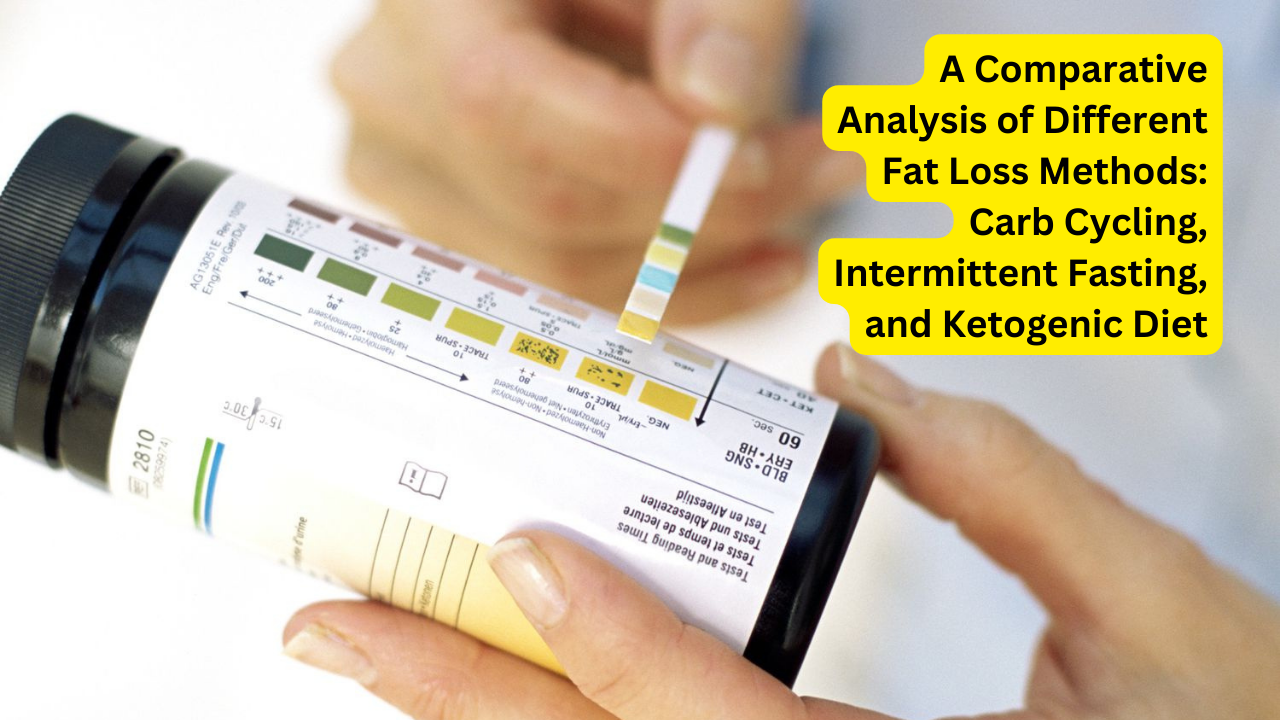Nutrient is Vital for Building Tissue?

Nutrient is Vital for Building Tissue?, Building tissue in our bodies is essential for growth, repair, and overall health. Understanding the vital nutrients involved in this process can help us maintain strong and healthy bodies. In this article, we will explore which nutrient is vital for building tissue and why it plays such a crucial role.
The Role of Protein in Tissue Building
What is Protein?
Protein is a macronutrient made up of amino acids, which are the building blocks of our body’s tissues. Proteins are essential for the growth, repair, and maintenance of tissues in the body.
How Does Protein Help in Building Tissue?
When we consume protein, our bodies break it down into amino acids. These amino acids are then used to build and repair tissues such as muscles, skin, and organs. Protein is particularly important for muscle tissue, as it helps in the repair of muscle fibers that are damaged during exercise or daily activities.
Sources of Protein
To ensure we get enough protein in our diet, it’s important to include a variety of protein-rich foods such as:
- Meat and poultry
- Fish and seafood
- Dairy products
- Eggs
- Legumes and beans
- Nuts and seeds
- Soy products
Including a mix of these sources in our daily diet can help us meet our protein needs and support tissue building.
The Importance of Vitamins and Minerals
Vitamin C
Vitamin C is essential for the synthesis of collagen, a protein that is crucial for the formation of connective tissues in the body. Collagen helps in maintaining the integrity and strength of tissues such as skin, tendons, and ligaments.
Sources of Vitamin C
To ensure adequate intake of vitamin C, include foods like:
- Citrus fruits (oranges, lemons, grapefruits)
- Strawberries
- Kiwi
- Bell peppers
- Broccoli
- Brussels sprouts
Vitamin D
Vitamin D is important for bone health and helps in the absorption of calcium, which is necessary for the maintenance and repair of bone tissue.
Sources of Vitamin D
Good sources of vitamin D include:
- Sunlight exposure
- Fatty fish (salmon, mackerel, sardines)
- Egg yolks
- Fortified dairy products
- Fortified cereals
Calcium
Calcium is a mineral that is vital for the development and maintenance of strong bones and teeth. It also plays a role in muscle function and nerve signaling.
Sources of Calcium
Ensure adequate calcium intake by consuming:
- Dairy products (milk, cheese, yogurt)
- Leafy green vegetables (kale, spinach)
- Almonds
- Tofu
- Fortified plant-based milks
The Role of Fats in Tissue Building
Essential Fatty Acids
Essential fatty acids, such as omega-3 and omega-6, are crucial for cell membrane integrity and the formation of new tissues. These fats also play a role in reducing inflammation, which can aid in the recovery and repair of damaged tissues.
Sources of Essential Fatty Acids
To get enough essential fatty acids, include foods like:
- Fatty fish (salmon, mackerel, sardines)
- Flaxseeds and chia seeds
- Walnuts
- Hemp seeds
- Soybeans
Hydration and Tissue Health
Staying hydrated is essential for overall health and the maintenance of healthy tissues. Water helps in the transportation of nutrients to cells and the removal of waste products from the body. Proper hydration supports the health of all tissues, including muscles and skin.
Tips for Staying Hydrated
To maintain good hydration levels, follow these tips:
- Drink water regularly throughout the day
- Consume water-rich foods (fruits and vegetables)
- Limit intake of dehydrating beverages (caffeinated and alcoholic drinks)
The Importance of a Balanced Diet
A balanced diet that includes a variety of nutrients is crucial for the maintenance and repair of tissues in the body. By incorporating a mix of proteins, vitamins, minerals, and healthy fats, we can ensure that our bodies have the necessary building blocks for tissue growth and repair.
Creating a Balanced Meal Plan
To create a balanced meal plan, consider the following:
- Include a source of protein in every meal
- Incorporate a variety of fruits and vegetables for vitamins and minerals
- Choose whole grains for sustained energy
- Add healthy fats from nuts, seeds, and fish
- Stay hydrated with water and water-rich foods
Conclusion
Understanding which nutrient is vital for building tissue helps us make informed choices about our diet and overall health. By focusing on protein, vitamins, minerals, and essential fatty acids, we can support our body’s tissue-building processes and maintain strong, healthy tissues. A balanced diet and proper hydration are key to achieving optimal health and tissue repair.




